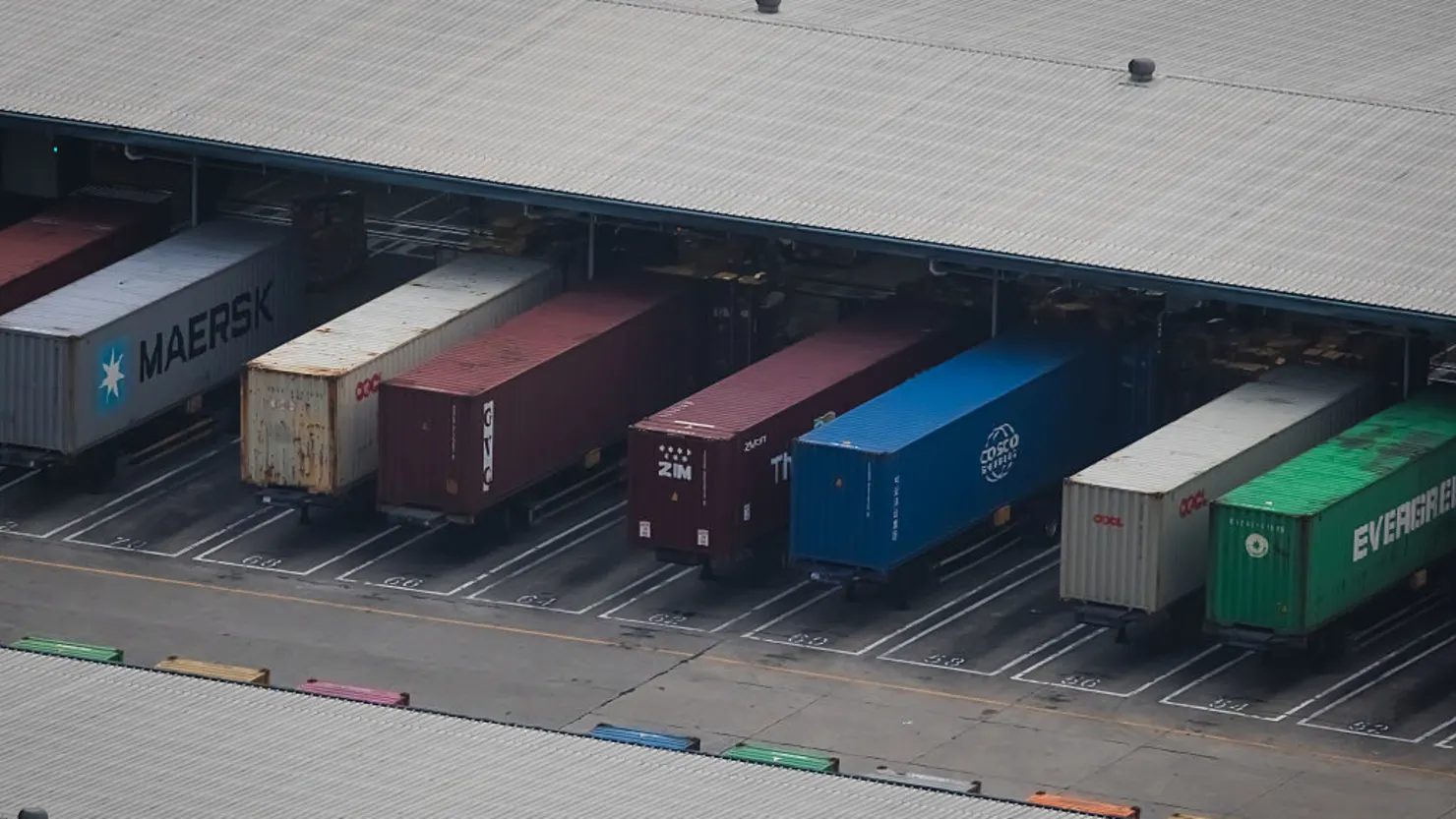President Donald Trump’s ongoing trade war is driving a significant shift in how U.S. and global importers manage their finances and inventory. Facing repeated rounds of tariff hikes, unpredictable policy swings, and temporary tariff pauses, many importers are choosing to hold more cash on hand while keeping less inventory on their official books.
According to Wells Fargo, the use of supply chain financing programs—which allow companies to delay payments to suppliers—has increased by 5% to 10% in recent months. This strategic adjustment reflects growing uncertainty and a desire to retain liquidity in a volatile trade environment.
“Cash is good to have,” said Jeremey Jansen, Managing Director and Head of Global Supply Chain and Trade Sales at Wells Fargo. “There is a lot of uncertainty, and if you are a distributor or manufacturer, there is a ton of pressure to push out payment terms.”
The Role of Tariff Delays
Delays in the implementation of new U.S. tariffs, some of which are set to expire by August unless trade agreements are finalized, have added another layer of complexity. These pauses have created narrow windows of opportunity for importers to bring in goods before tariffs spike again, encouraging temporary inventory buildup.
However, instead of pushing that inventory directly into the market, companies are increasingly shifting it into financing arrangements—essentially keeping goods off their books until later. This tactic helps mitigate balance sheet risk and maintain financial flexibility.
Industries Affected
This trend spans a broad range of sectors, including:
- Large retail chains
- Automotive parts suppliers
- Manufacturers of both finished products and raw materials
The uncertainty over tariffs has made it difficult to forecast costs and manage supply chains. As a result, companies are acting defensively—preserving cash, leveraging credit, and minimizing exposure to unpredictable inventory valuation shifts.
Bottom Line:
As Trump’s trade war continues with no firm resolution in sight, importers are shifting gears. Liquidity has become a top priority, and with tariff threats looming, businesses are embracing flexible financing models to keep operations steady while minimizing risk.



0 Comments